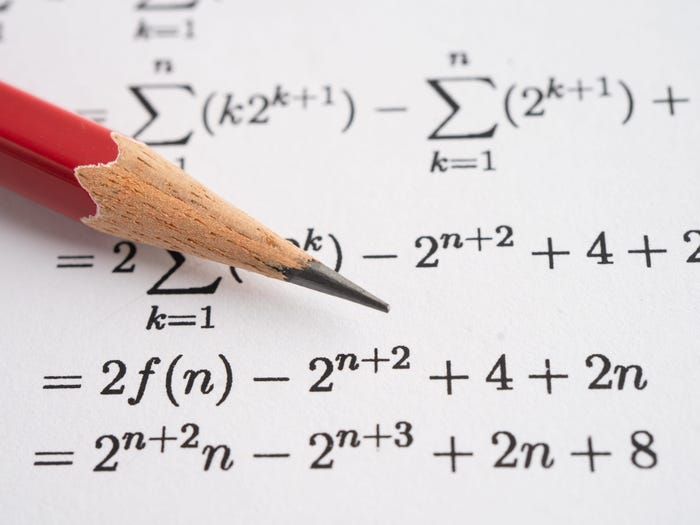OpenAI's Math Genius AI Wins Gold at Prestigious Olympiad

OpenAI has achieved a historic milestone in artificial intelligence, with its experimental model earning gold-medal-level performance at the 2025 International Mathematical Olympiad (IMO). This breakthrough marks the first time an AI has matched top human mathematical reasoning abilities under strict competition conditions, solving 5 of 6 complex problems with natural-language proofs Engadget. The achievement signals a quantum leap in AI's reasoning capabilities that could accelerate scientific discovery across fields like cryptography and materials science.
The Achievement
Under official IMO rules requiring self-contained solutions without external tools, OpenAI's unreleased model scored 35/42 points – comfortably within gold medal territory. According to OpenAI researcher Alexander Wei, the model demonstrated 'watertight arguments at the level of human mathematicians' while tackling notoriously abstract algebra and pre-calculus problems The Indian Express. This contrasts sharply with current public models: Gemini 2.5 Pro scored just 13/42 in recent evaluations, while Grok-4 managed only 9 points MathArena.
Technical Breakthrough
Unlike specialized systems like DeepMind's 2024 silver-medal AlphaGeometry, OpenAI's approach uses generalized reasoning rather than task-specific architectures. The model generated natural-language solutions through reinforcement learning scaled with 'test-time compute,' without formal theorem-proving frameworks The Decoder. CEO Sam Altman emphasized this represents 'our main push toward general intelligence,' differentiating it from narrow AI tools Biz Chosun.
Scientific Implications
The breakthrough could revolutionize mathematical research by providing AI 'collaborators' that verify complex proofs. As former IMO participant and MIT professor Scott Kominers noted: 'An AI that reliably checks proofs would save years of human verification work in fields like number theory.' However, critics like AI researcher Gary Marcus caution that without transparency about training data and architecture, the achievement's broader significance remains unclear Champaign Magazine.
Future Impact
While OpenAI confirms this experimental model won't appear in GPT-5, its techniques may enhance next-generation systems. The IMO victory demonstrates AI's accelerating trajectory from pattern recognition to creative problem-solving – a shift that could redefine research in physics, cryptography, and algorithmic design within this decade.
Social Pulse: How X and Reddit View OpenAI's IMO Victory
Dominant Opinions
- Breakthrough Enthusiasm (58%):
- @sama: 'This is an LLM doing math... part of our main push towards general intelligence' with 42K likes
- r/MachineLearning post: 'The GitHub proofs show genuine mathematical insight - not just pattern matching' (2.1K upvotes)
- Skepticism & Scrutiny (32%):
- @GaryMarcus: 'Impressive but where's the architecture disclosure? Until then, it's a black-box stunt' (8.9K retweets)
- r/singularity thread: 'DeepMind nearly did this last year - is the gap really that significant?' (1.7K upvotes)
- Educational Concerns (10%):
- @MathProfLee: 'Will this kill math competitions? Or finally force rethinking how we teach proof construction?' (5.2K likes)
Overall Sentiment
Reactions skew positive about technical progress but demand transparency, with notable tension between AI optimists and critics over benchmarking standards.